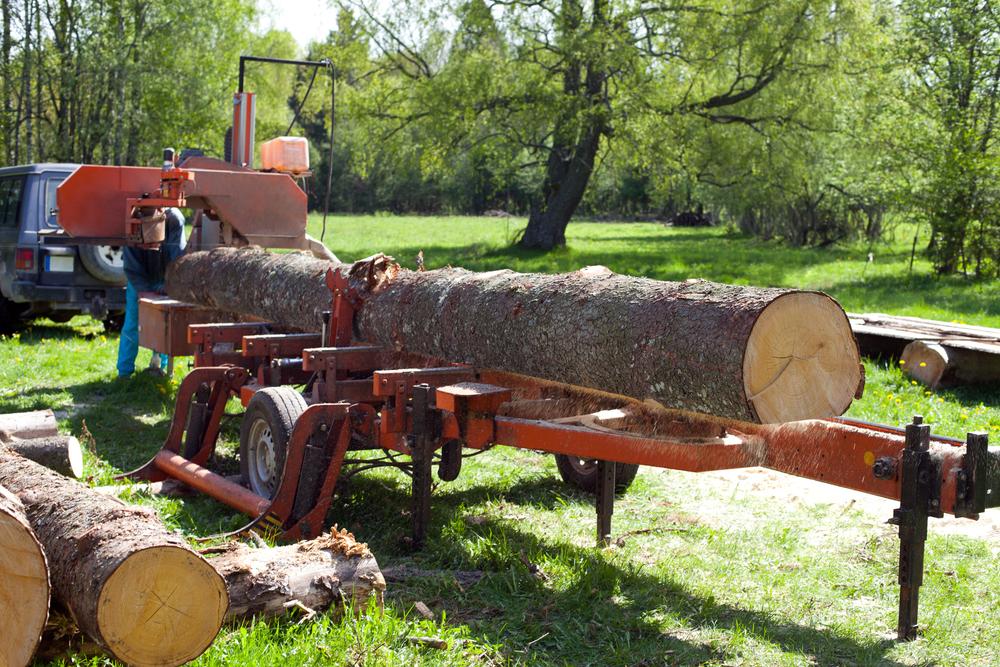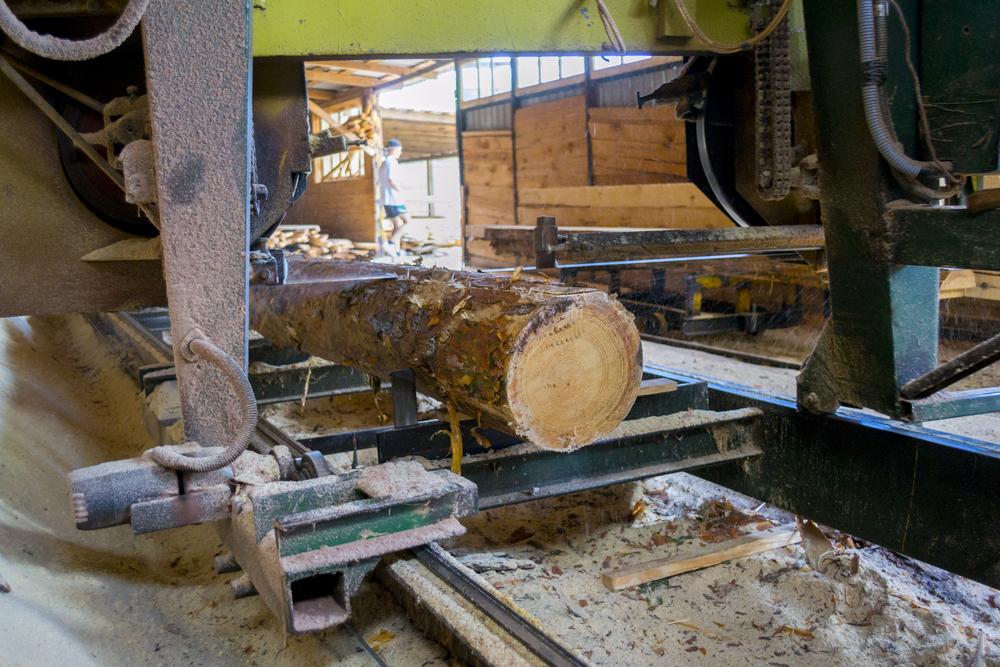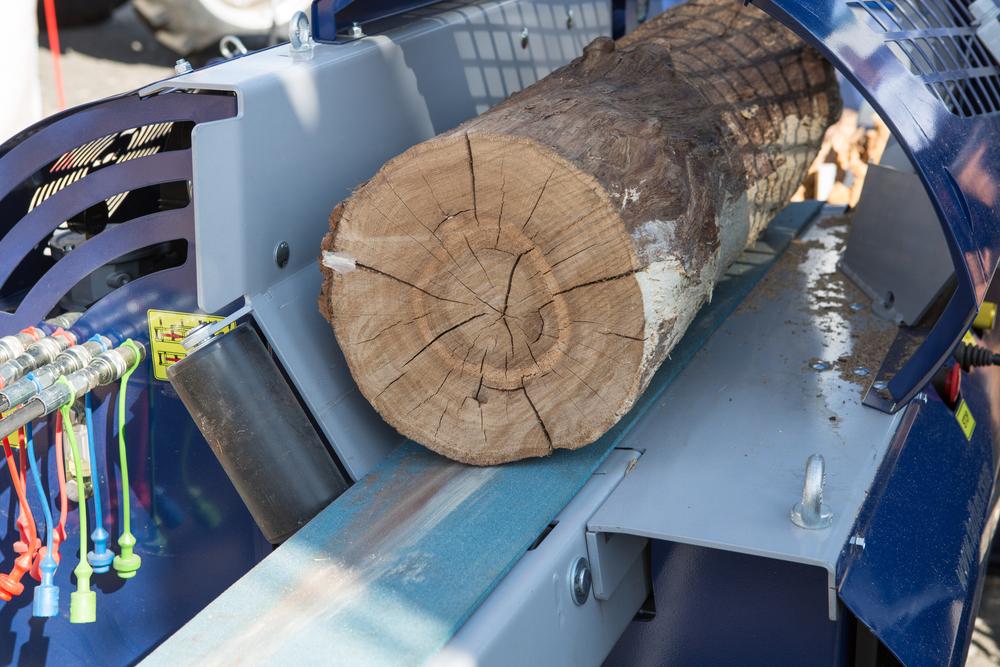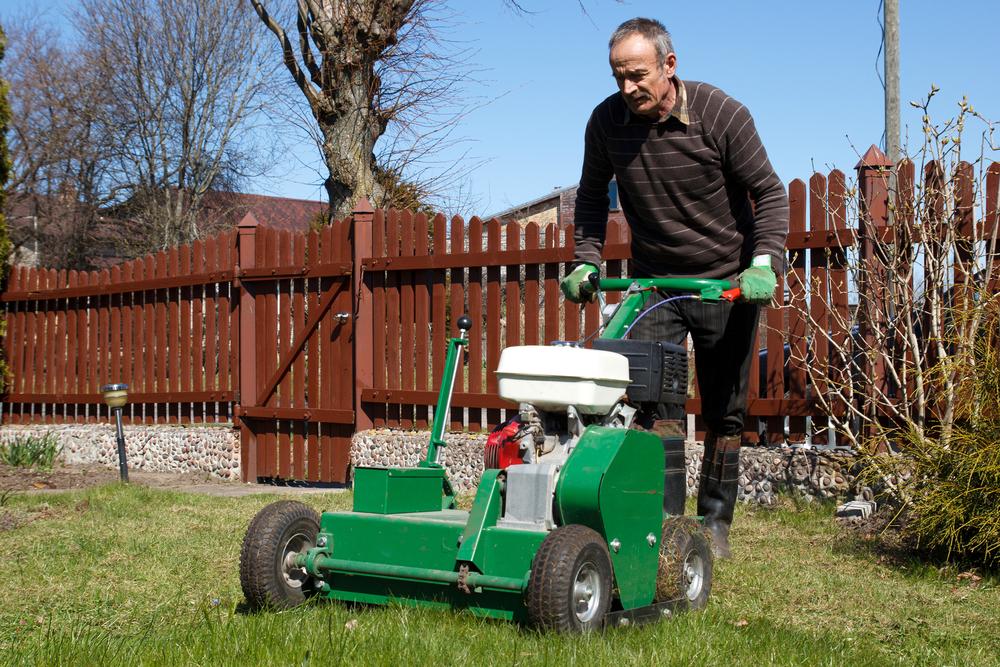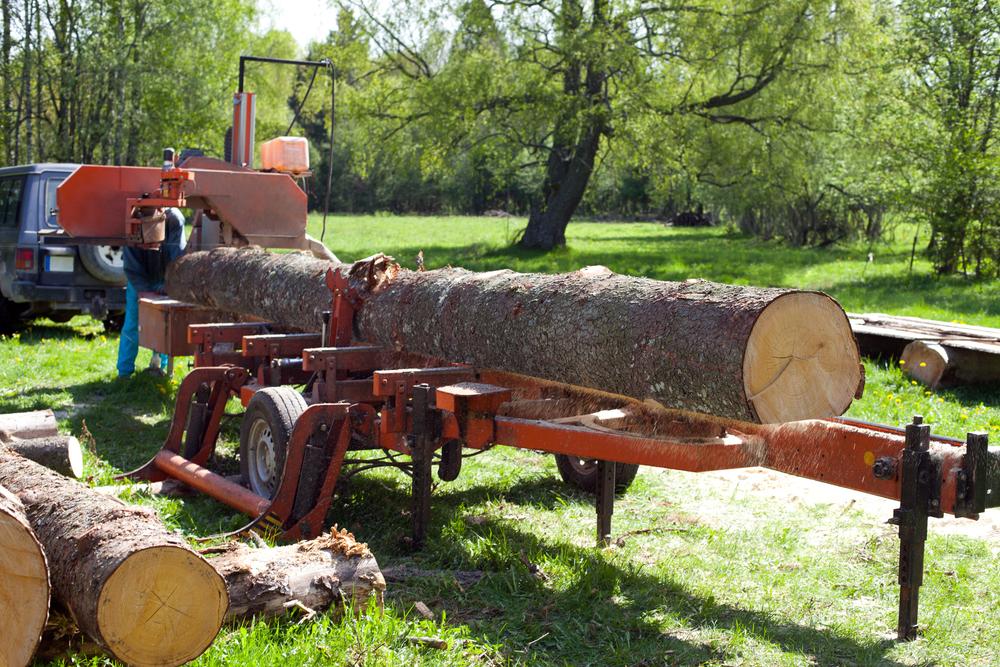Essential Guide to Choosing the Right Portable Sawmill for Your Woodworking Needs
Choosing the right portable sawmill is essential for woodworking enthusiasts and professionals alike. This detailed guide discusses key factors such as purpose, log sizes, usage frequency, safety features, and budget options to help you make an informed purchase. Investing in the right equipment ensures efficient, safe, and reliable lumber processing for hobby projects or commercial use, ultimately saving costs and expanding your woodworking capabilities.
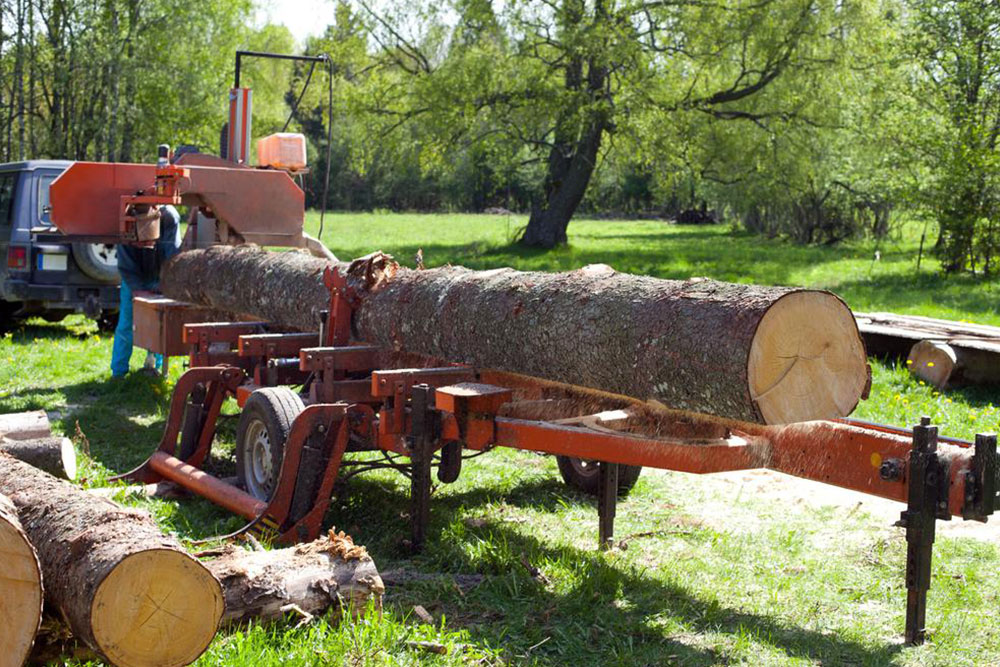
Essential Guide to Choosing the Right Portable Sawmill for Your Woodworking Needs
In recent years, the popularity of DIY woodworking and forestry projects has surged, leading enthusiasts and professionals alike to seek efficient solutions for cutting lumber. Portable sawmills have become a vital tool for those who need flexibility and mobility while working on their projects. Selecting the perfect portable sawmill requires thoughtful consideration of various factors to ensure it meets your specific needs and provides a good return on investment. Because this equipment can be a significant financial commitment, understanding the key aspects before making a purchase is essential. This comprehensive guide explores the critical points to consider, helping you make an informed decision that aligns with your woodworking goals, budget, and safety considerations.
Define Your Purpose: Hobbyist or Professional Use – The first step is to clarify whether your primary aim is for personal creative projects or commercial use. Hobbyists typically require a compact, easy-to-operate sawmill that handles occasional tasks, whereas professionals need robust, full-featured models capable of handling continuous, high-volume production. For professional applications, models equipped with advanced hydraulic systems, precise control mechanisms, and larger cutting capacities are recommended. Your choice will influence the price range, features, and portability options of your sawmill.
Type of Lumber and Log Sizes – Consider the kinds of logs you plan to process regularly. Different woods and log lengths necessitate specific equipment specifications. For instance, if you're working with long or thick logs, opt for a sawmill with extended beds or additional support features to handle larger dimensions safely and efficiently. Accurate measurements of your typical log sizes will help signal the appropriate model, ensuring you don’t face limitations during your projects.
Frequency of Use and Operating Conditions – The intensity of your woodworking projects greatly impacts your choice. Occasional hobbyist use may be well-suited to smaller, more portable units that are easy to set up and store. Conversely, if you're planning to operate the sawmill frequently or year-round, investing in a durable, high-capacity machine built for continuous operation is more practical. Consider factors such as ease of maintenance, operational speed, and whether the sawmill can withstand various environmental conditions if used outdoors.
New or Pre-Owned Equipment – To optimize your budget, exploring used sawmills is a viable option. Well-maintained secondhand machines can offer significant savings, but thorough inspection and verification of their condition are crucial. If reliability and warranty coverage are high priorities, purchasing a brand-new sawmill provides peace of mind, ensuring the latest safety features, technology, and after-sales support. Carefully evaluate the benefits and drawbacks of each option based on your experience and needs.
Prioritize Safety Features and Technology – Safety should always come first when operating heavy machinery like portable sawmills. Modern models often include safety guards, emergency shut-off options, and ergonomic controls to minimize risk. Research user reviews and product specifications to identify commonly reported issues and avoid models with poor safety records. Investing in a sawmill with advanced safety features reduces the chance of accidents, protecting you and your workspace while enhancing your woodworking experience.
Owning a portable sawmill can drastically cut building and processing costs, providing independence and flexibility on farms, construction sites, and woodworking shops. Whether you're a hobbyist looking to transform raw logs into finished projects or a professional seeking efficient lumber processing solutions, selecting the right sawmill is crucial. Taking the time to consider purpose, log types, frequency of use, budget options, and safety features will ensure you acquire a machine that not only meets your current demands but also adapts to future growth. Equipped with the proper knowledge, you can confidently choose a portable sawmill that enhances your productivity, safety, and satisfaction in all your woodworking endeavors.
